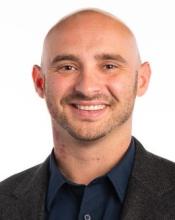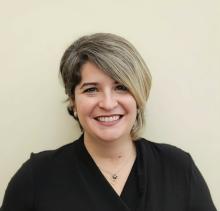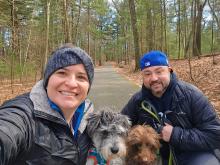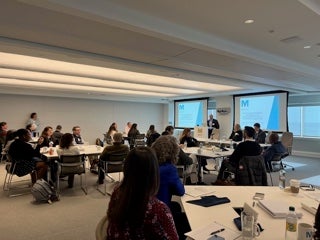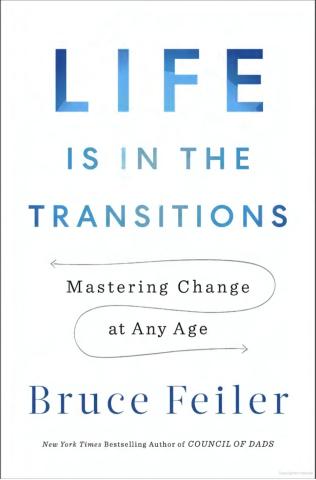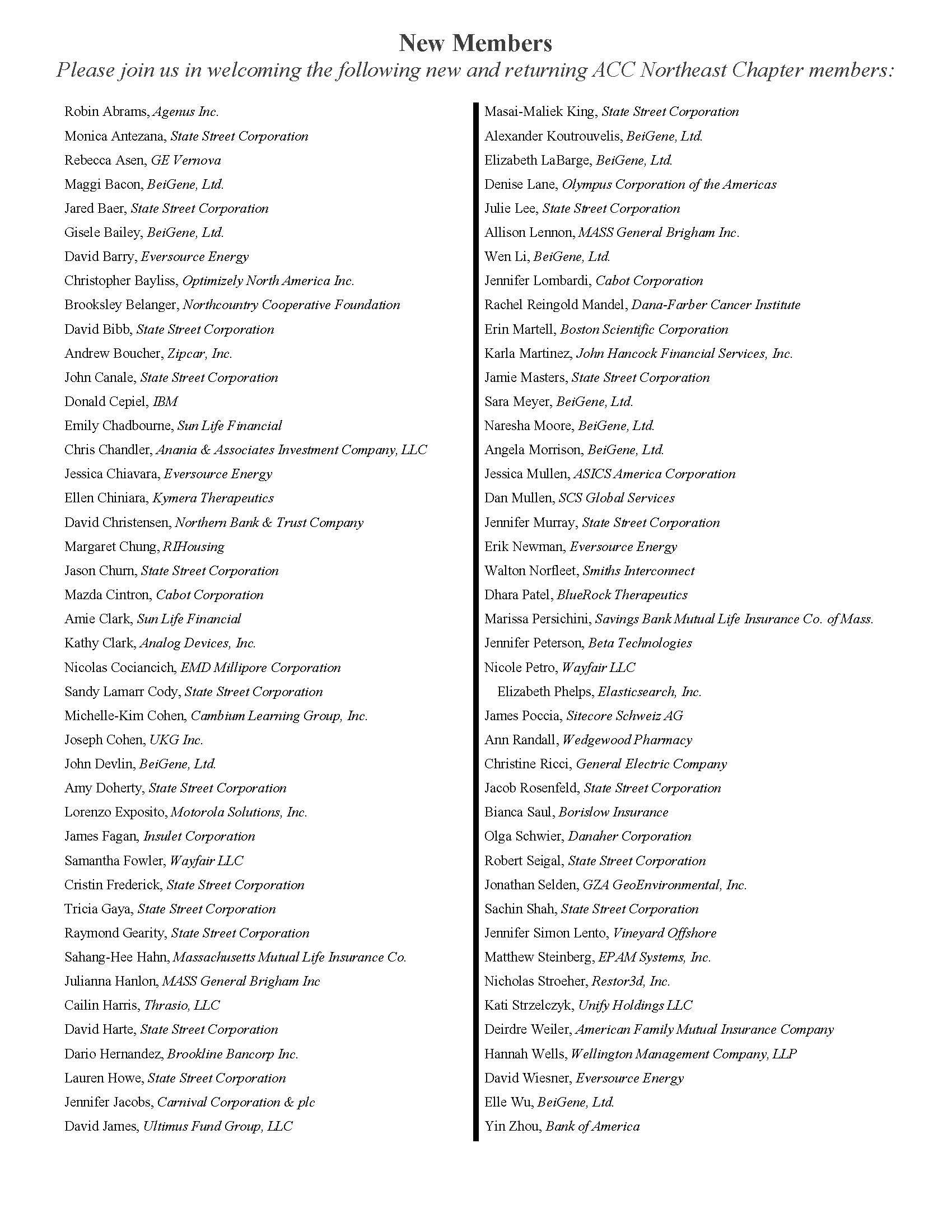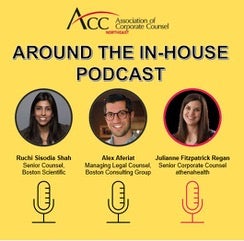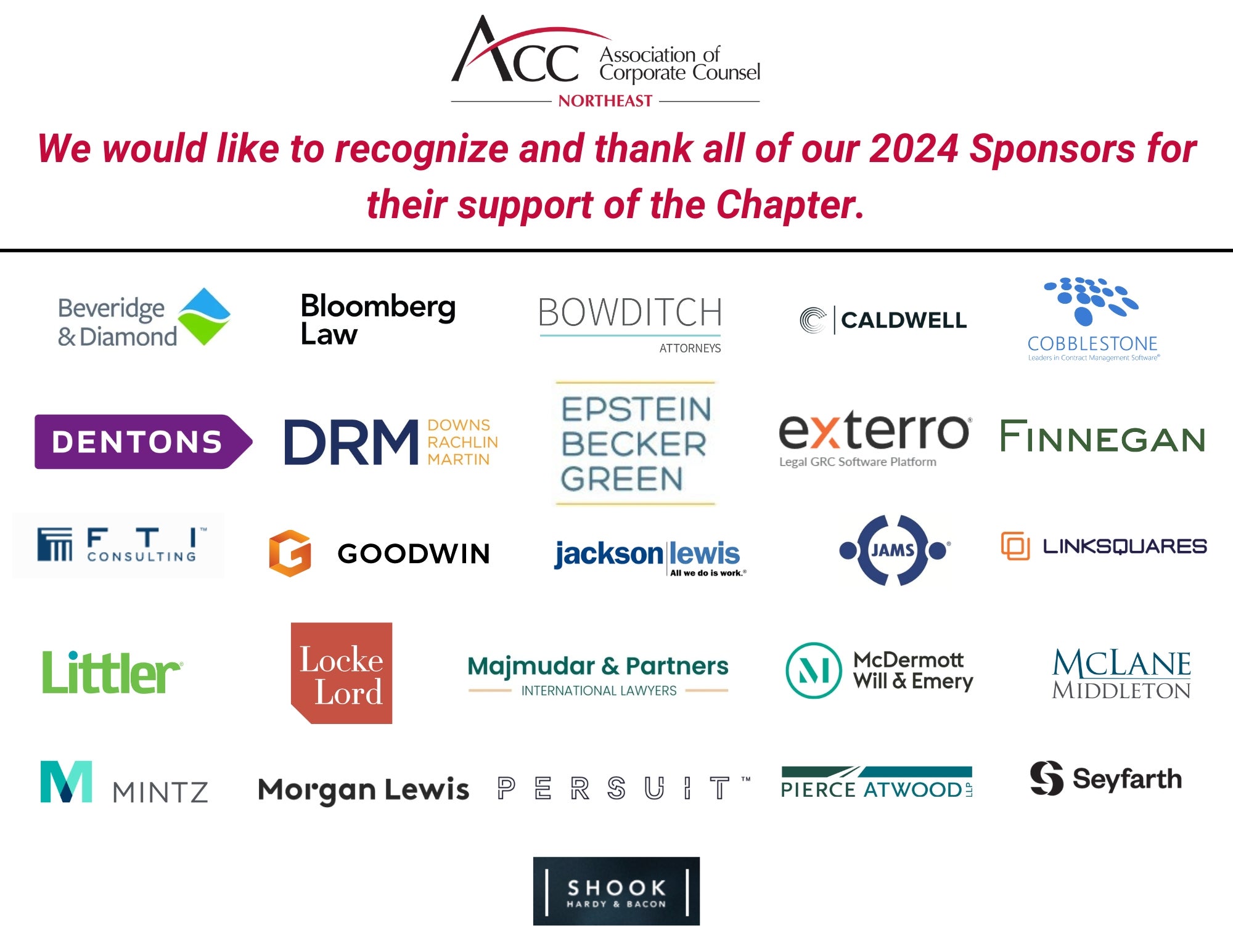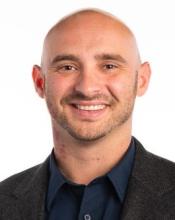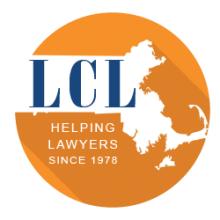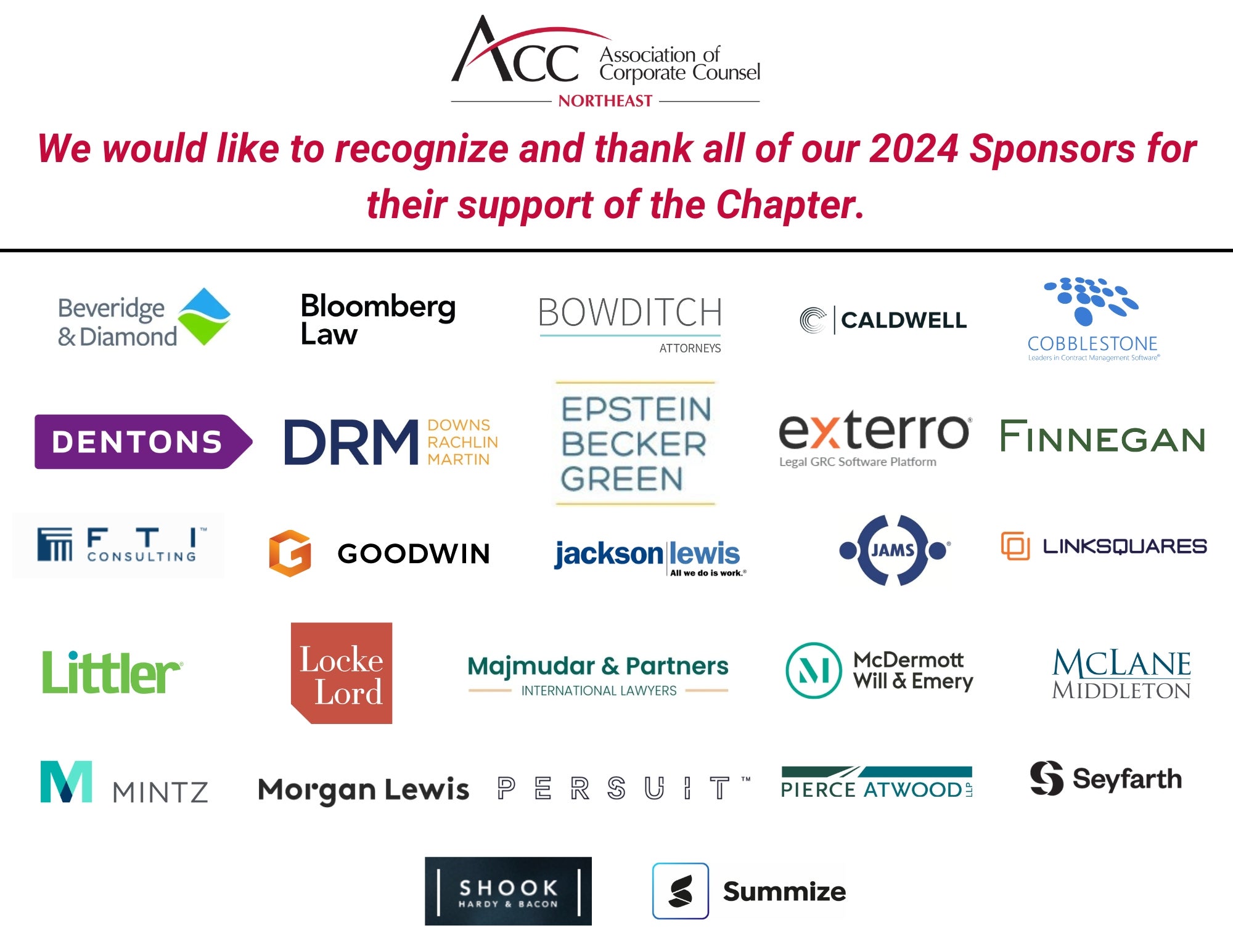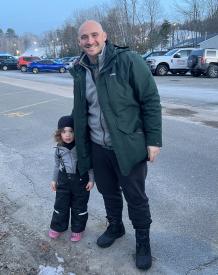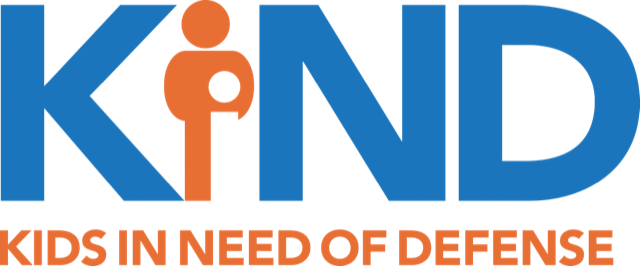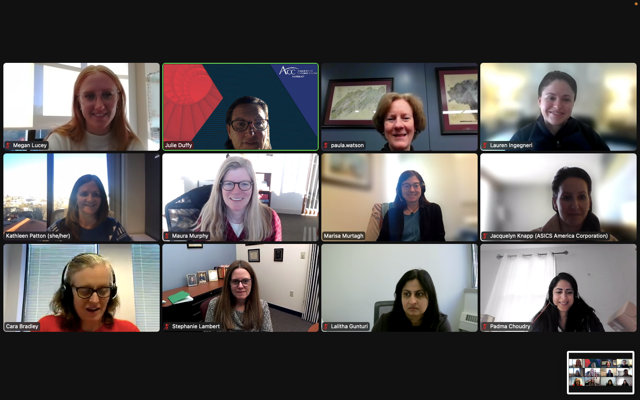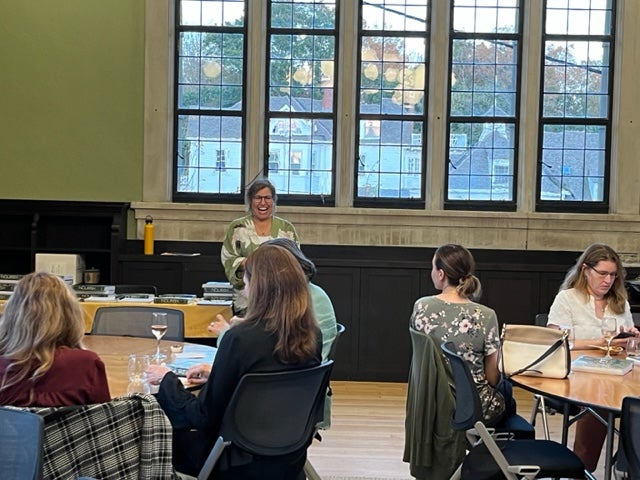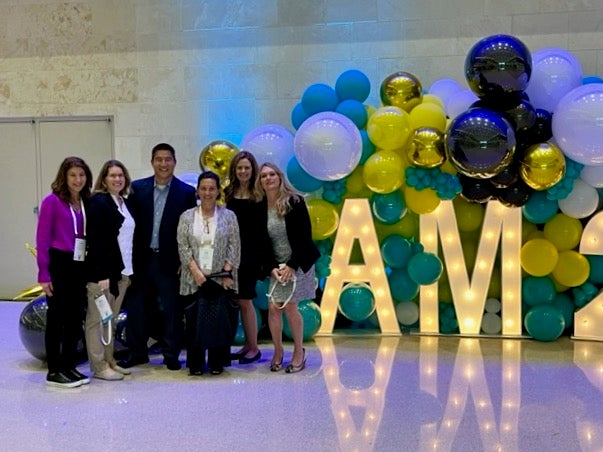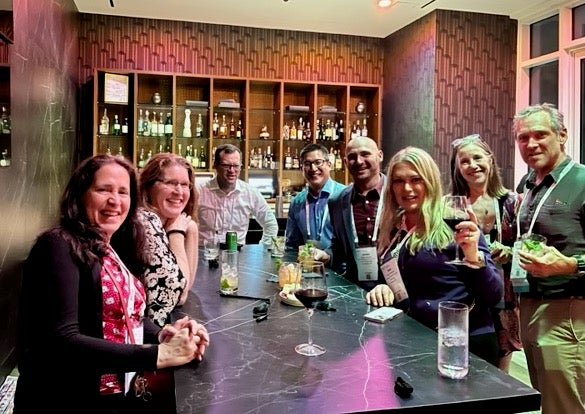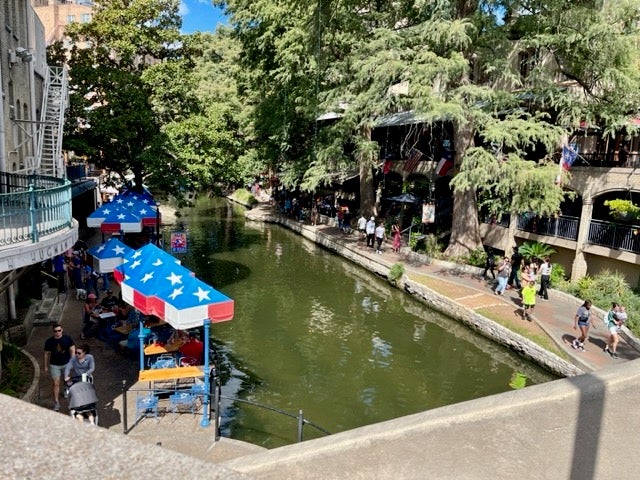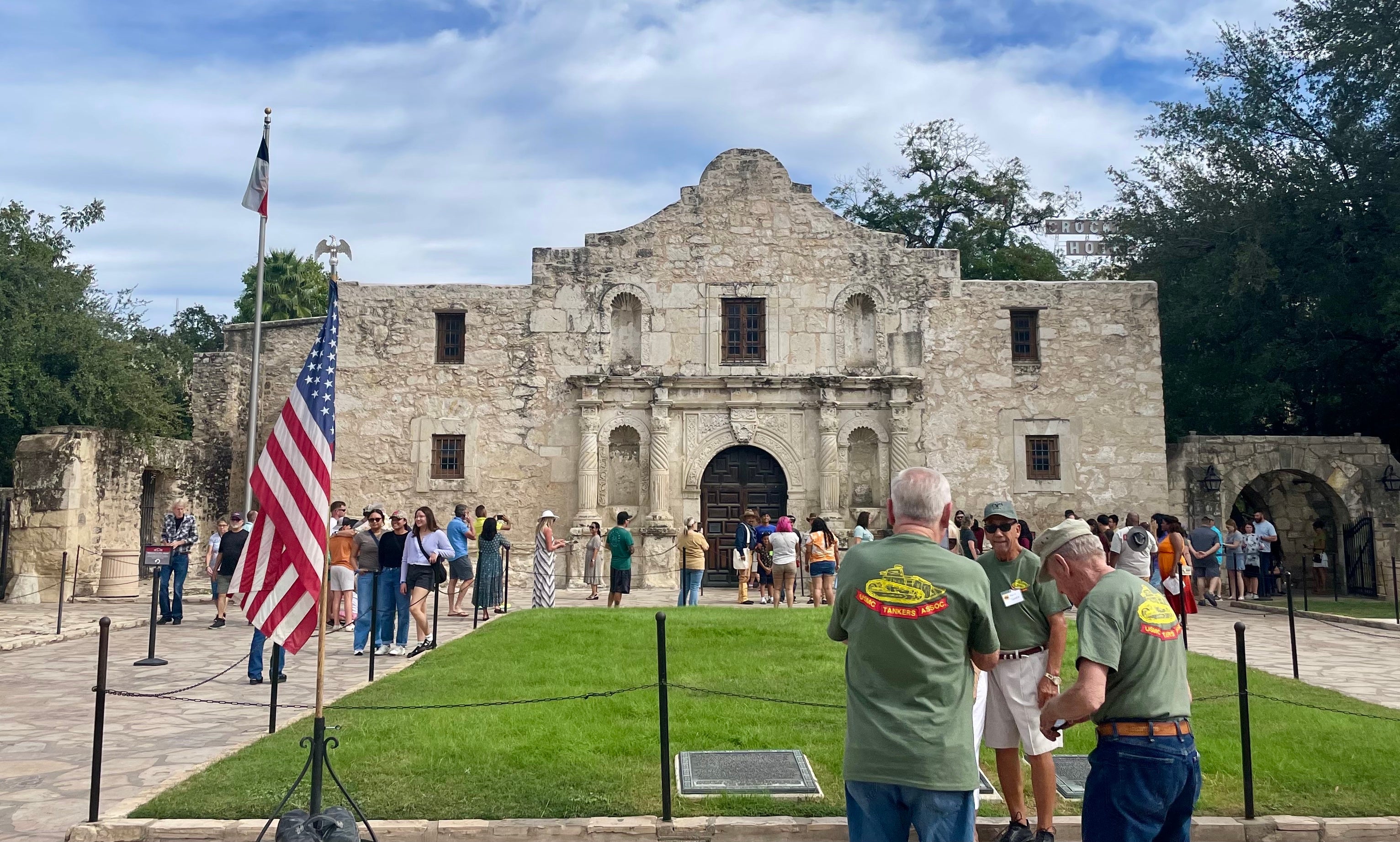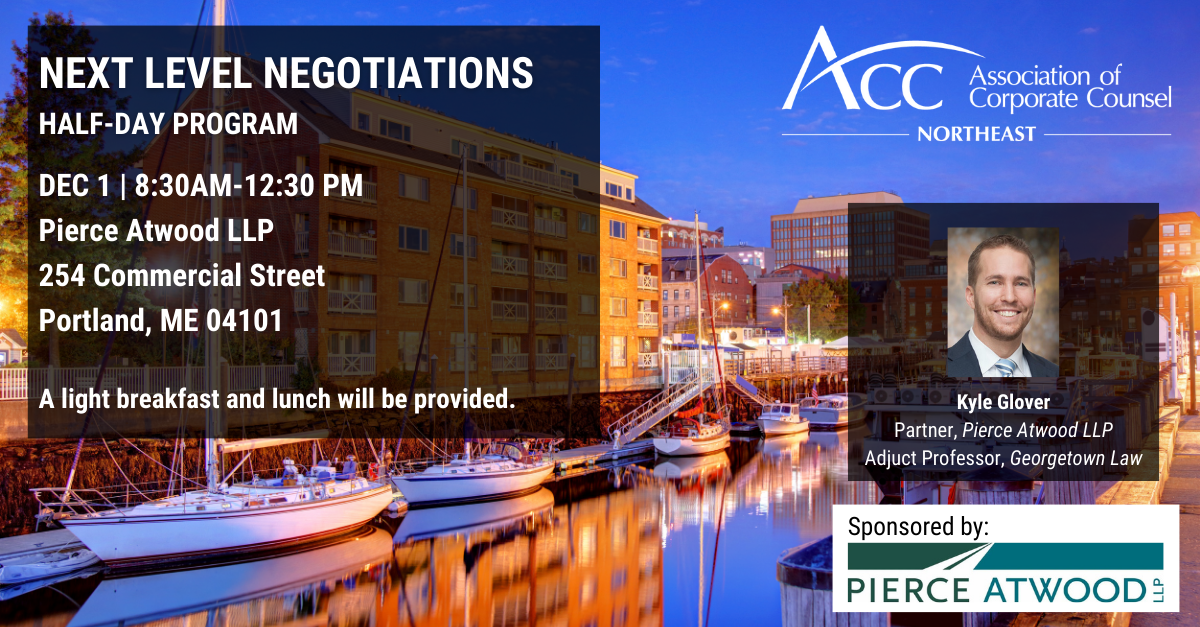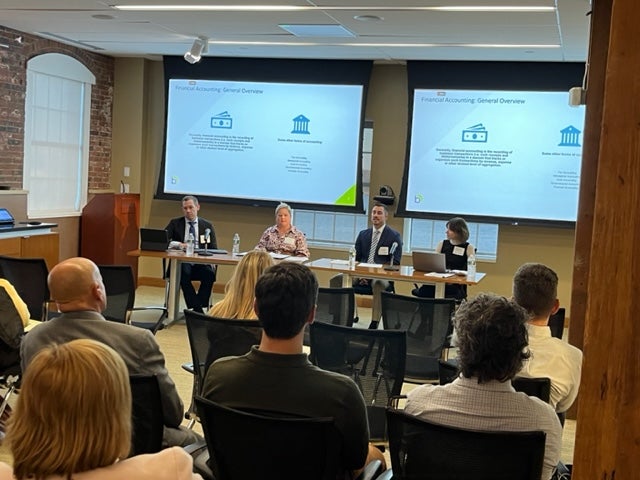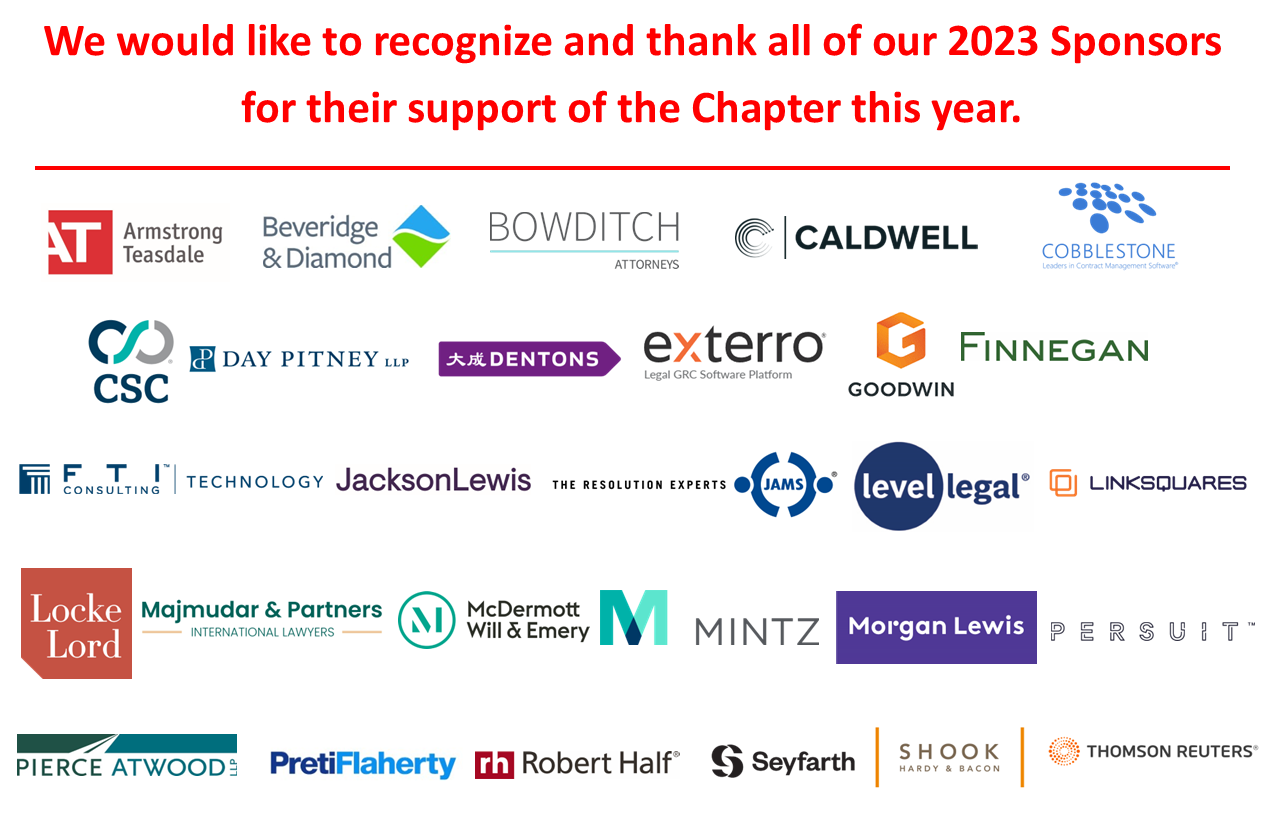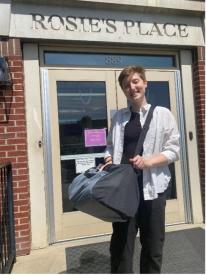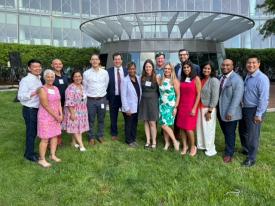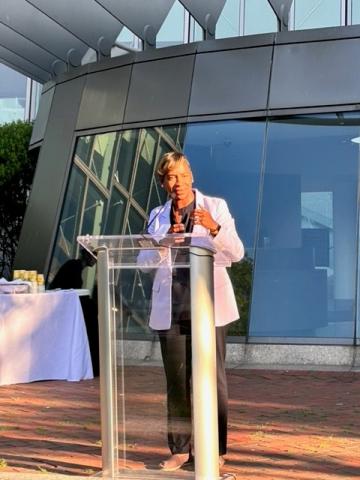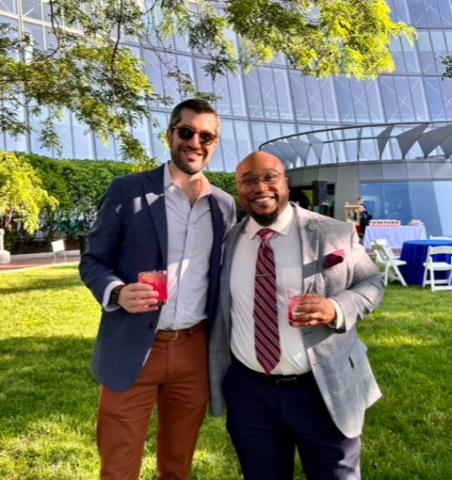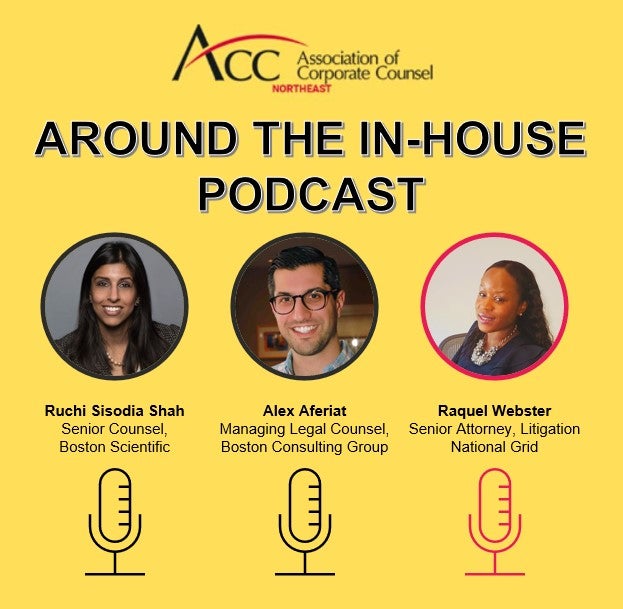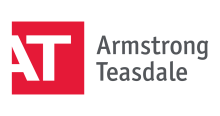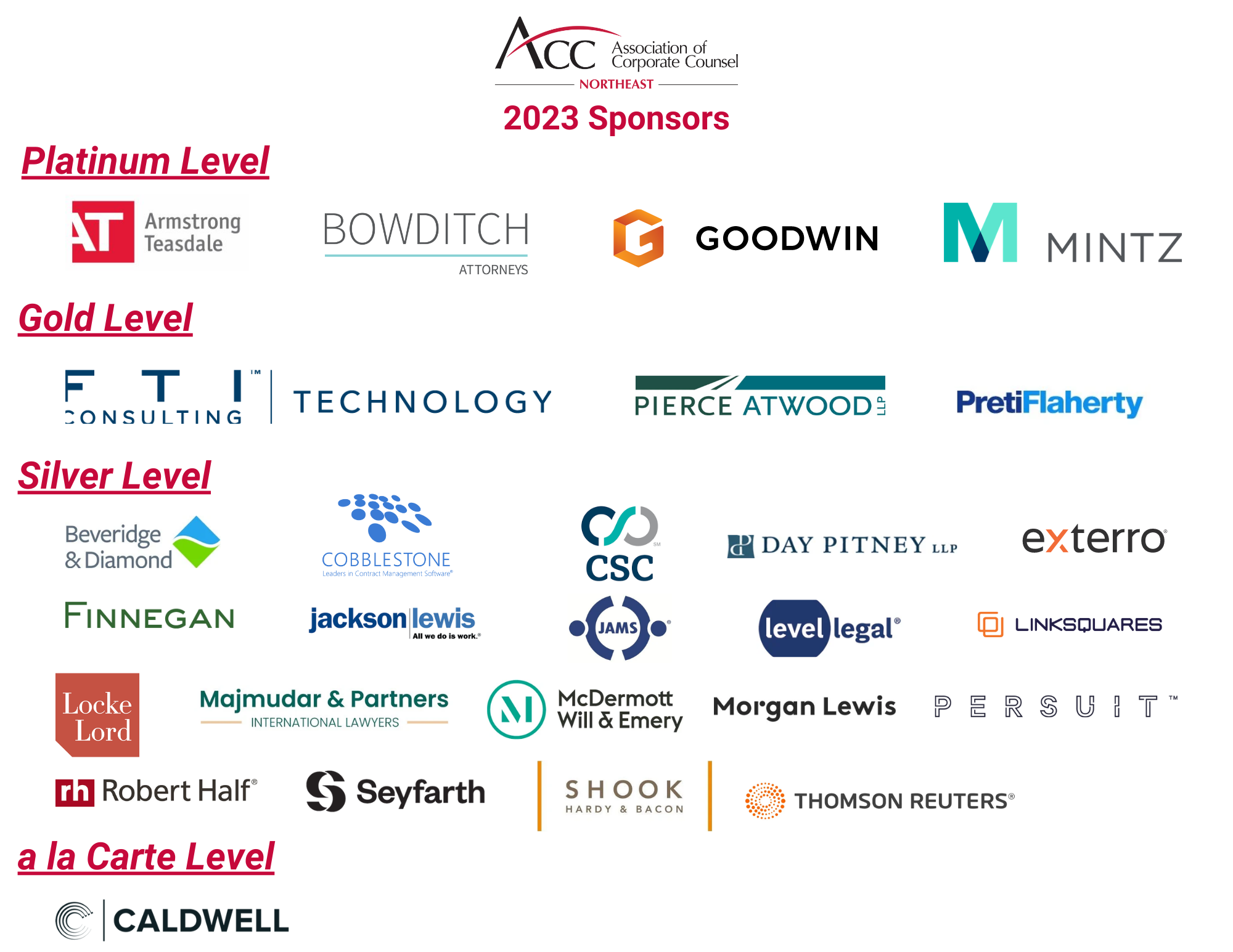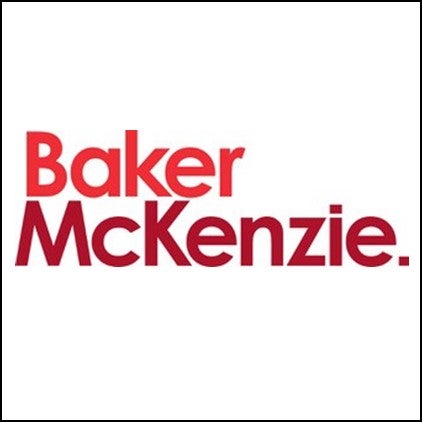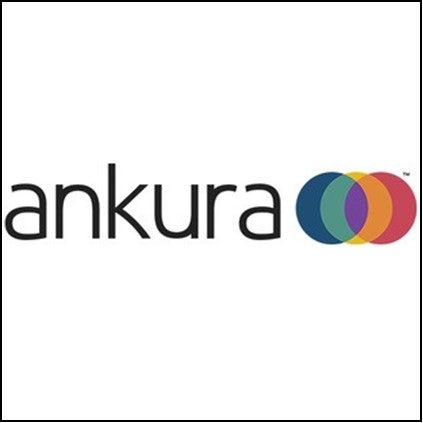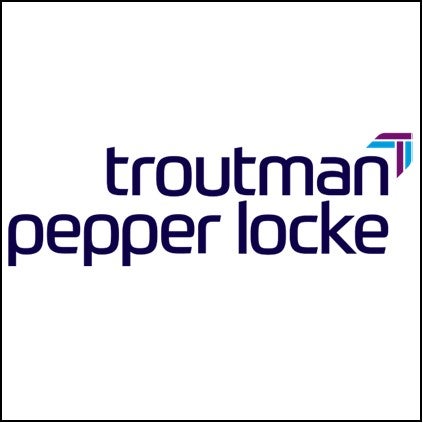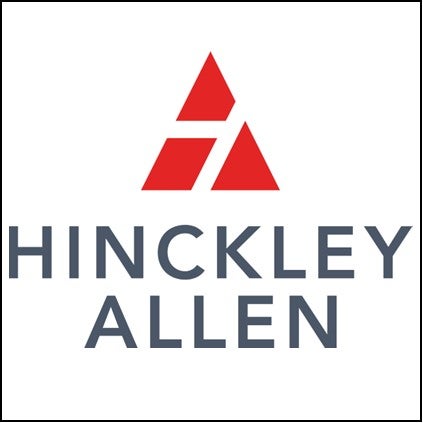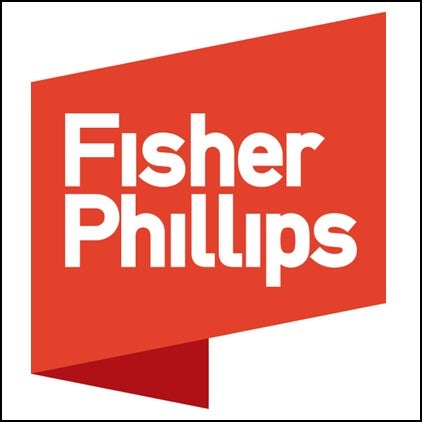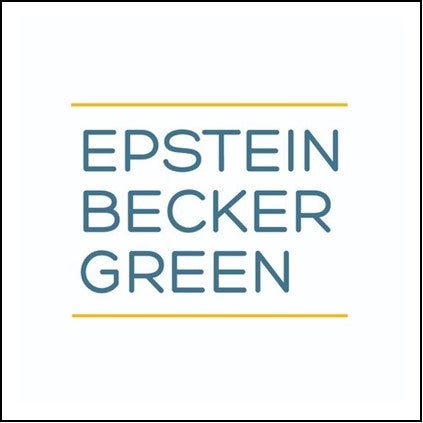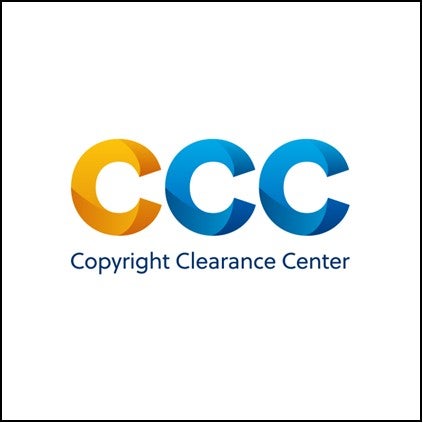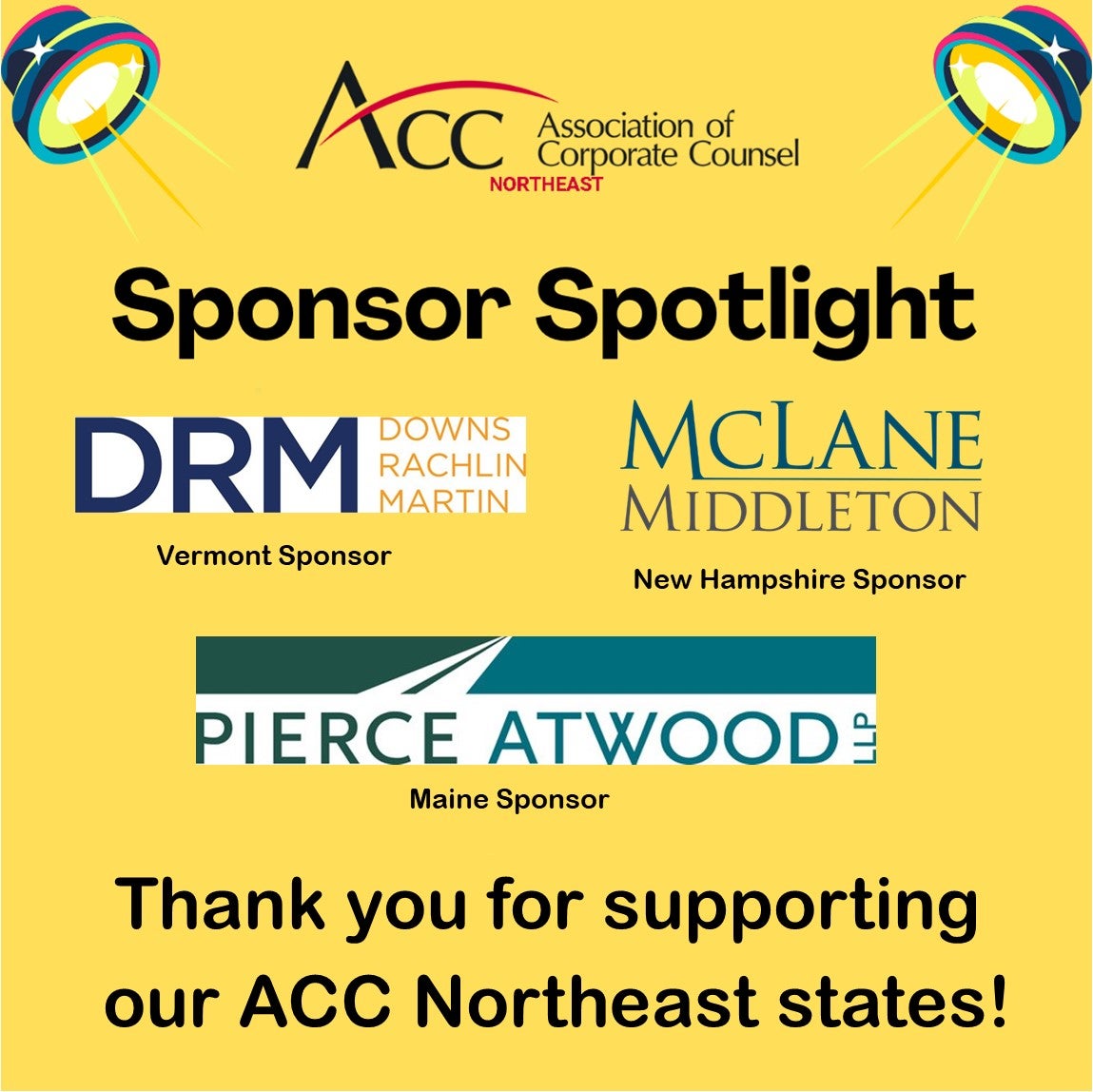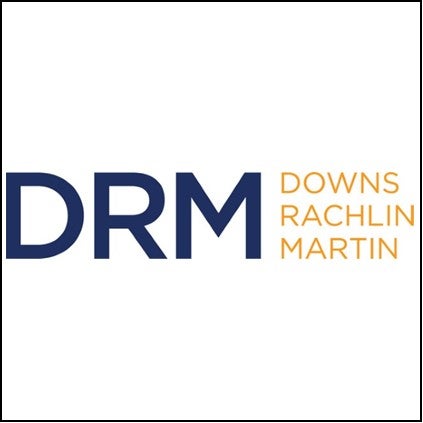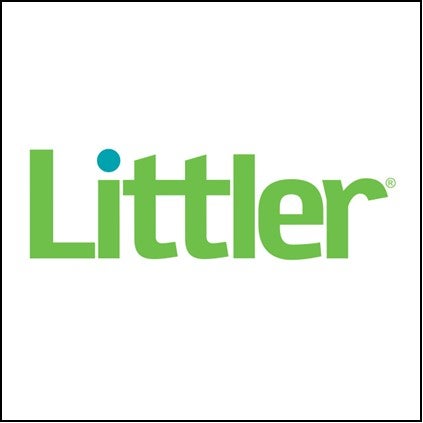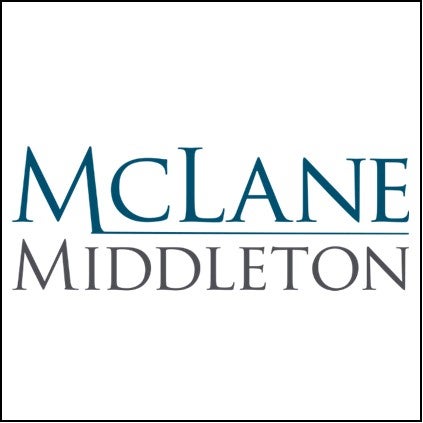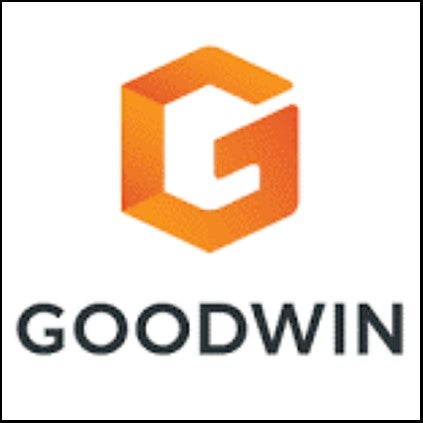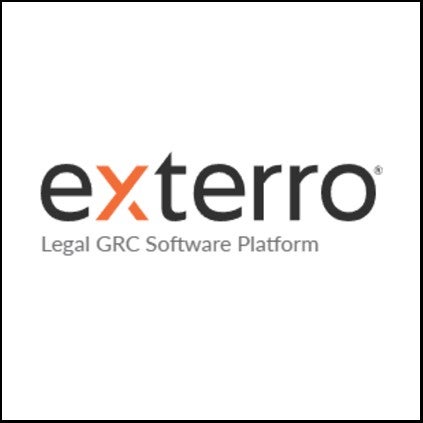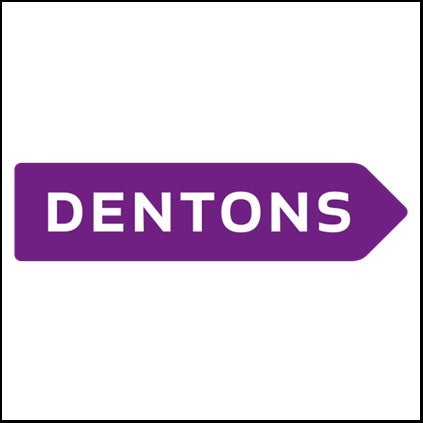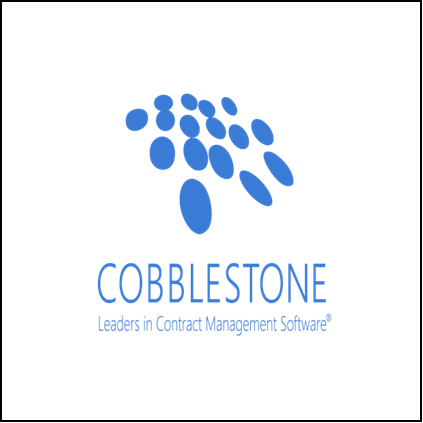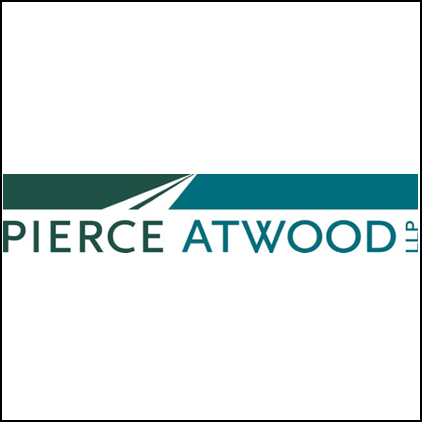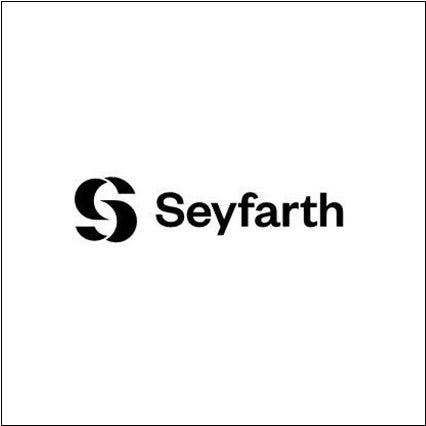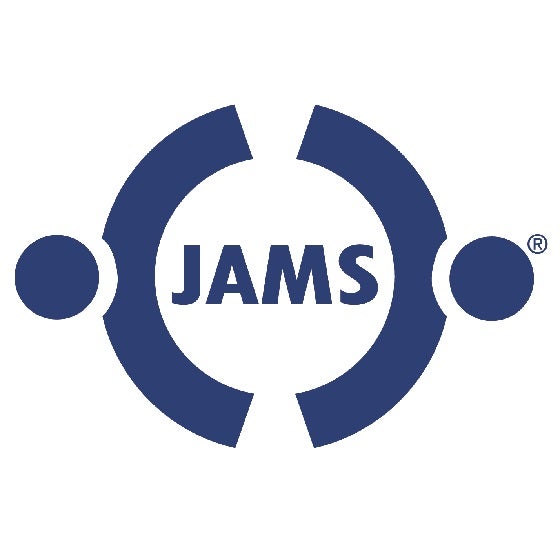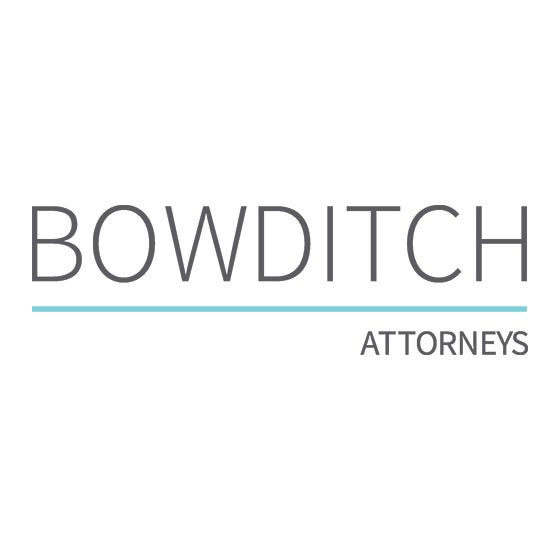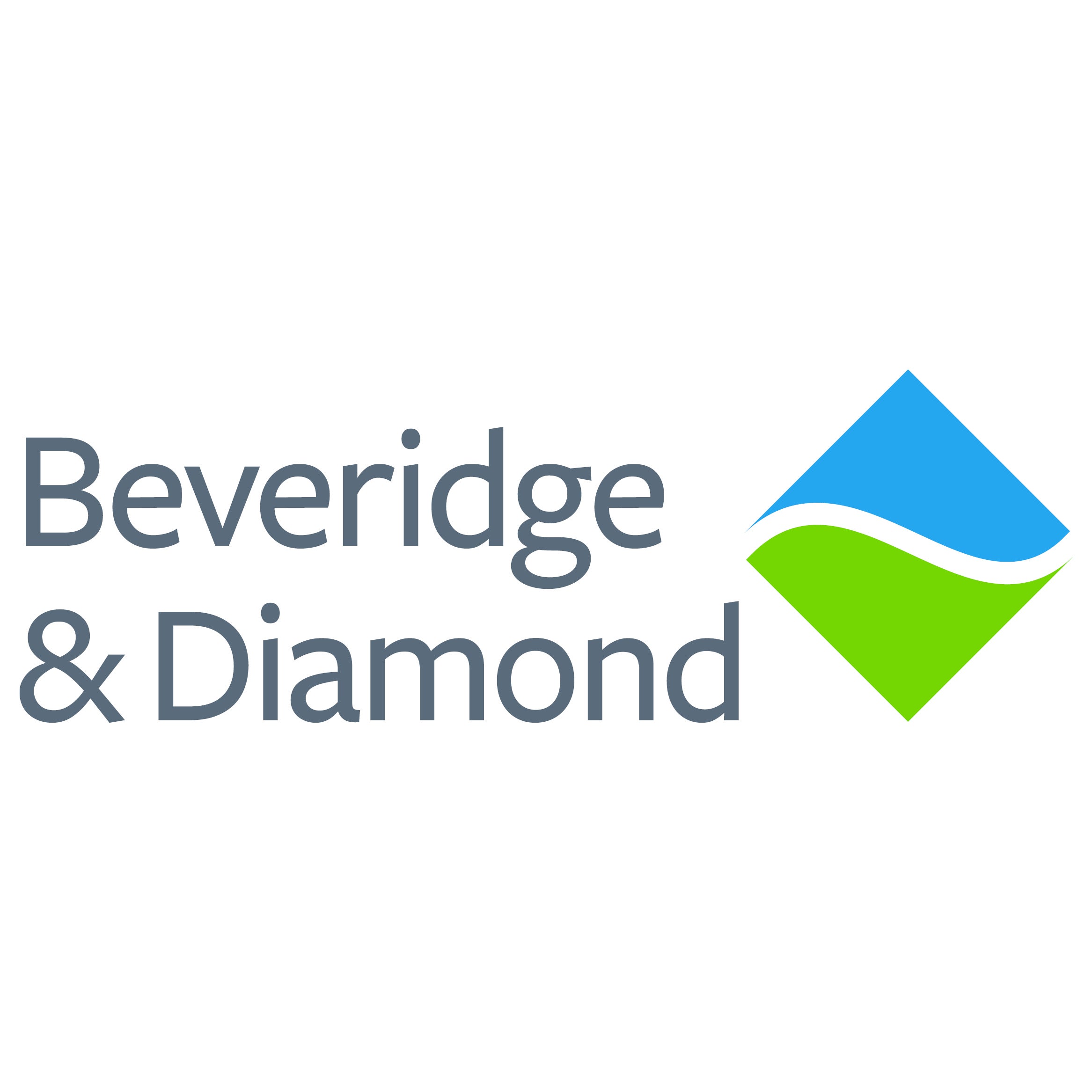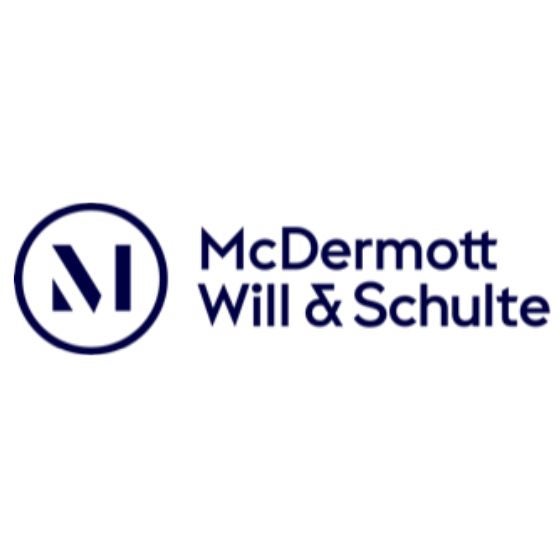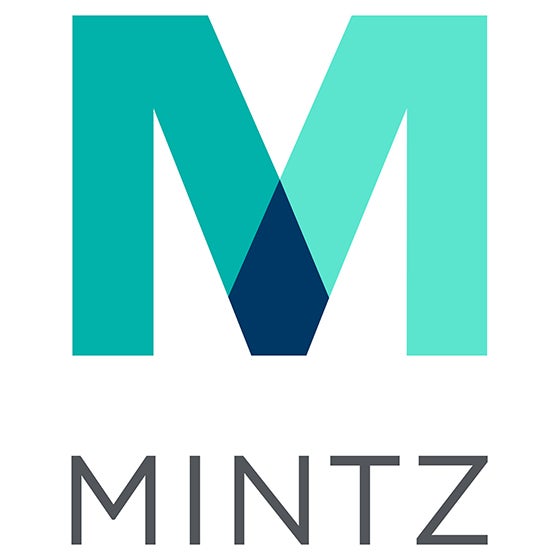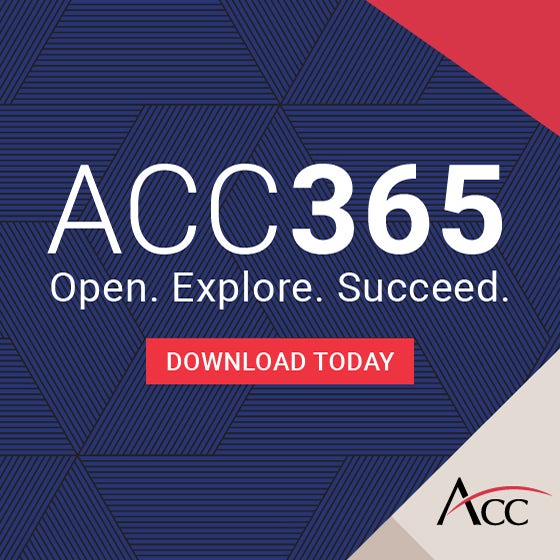ACC Northeast added three new board members in September of 2023. FOCUS recently sat down with Jason Ellis, Danielle Lemack, and Krista Pratt, to help our chapter members get to know them a little better. These three members bring a wealth of knowledge and experience to the ACC Northeast Board. Join us in finding out a bit more about Jason, Danielle, and Krista.
Please tell us a little bit about your company and your role there. What are your responsibilities and what does a typical day look like?

Jason Ellis (JE): I hope that everyone already knows of and shops at their local Staples store. What I hope to convey is that today’s Staples is not the same as when you may have done your Back-to-School shopping there years ago. With approximately 1,000 stores in the US, our business has dramatically evolved to focus on service offerings including Print, Signage, Shipping, Unpackaged Returns (think Amazon, Happy Returns), iPostal virtual mailboxes, Travel (TSA PreCheck and Passport Photos), along with a curated assortment of products to complement these services. This shift in business lines presents many new and different legal challenges to address when operationalizing these offerings. Those challenges are why I love working in-house, alongside the business. Along with overseeing all legal issues for the company, as General Counsel and Chief Compliance Officer, I manage Environmental, Health, and Safety, Risk Management, Loss Prevention and Compliance. That provides a tremendous variety in what each day may hold. One day there will be employment matters, another will present an insurance renewal, others will focus on large litigation in California, others will address OSHA and Compliance matters – which is reason #2 of why I love working in-house.

Danielle Lemack (DL): For more than 170 years, the name Hood® has been synonymous with fresh, quality dairy products that taste great. Founded in 1846 in Charlestown, Massachusetts, the company has since extended its New England roots, and today Hood is a national company distributing dairy and dairy alternative products throughout the United States. In addition to the Hood brand, we manufacture Lactaid, Almond Breeze, Planet Oat, Heluva Good!, and Brigham’s products. As one of Hood’s lawyers, I counsel business clients on a wide variety of matters, including advertising, food packaging and regulatory compliance matters, licensing, privacy and information security, contract negotiation, and litigation strategy. I also oversee Hood’s Product Regulatory Affairs team, where I lead a talented group of professionals who ensure Hood’s food labeling and advertising meeting regulatory requirements. I need to be able to assist with whatever matter arises, so a typical day requires me to be flexible, collaborate with my business partners, and provide business-focused advice. Every day brings something new and interesting.

Krista Pratt (KP): I serve as Chief Employment Counsel at Biogen, a pharma/biotech company. I provide legal guidance on HR matters and support our Human Resources team in 40+ countries. My typical day includes a lot of emails and phone calls, but the type of work varies widely. On any given day I could be handling a workplace misconduct investigation in the US, advising on HR issues for a merger/acquisition, interacting with the Compensation Committee of the Board, or overseeing an employee lawsuit in Brazil. I love the variety!
What was your career path? What drove you to become a lawyer? How did you get to where you are?
JE: I’m a 3rd generation Massachusetts lawyer, so it is kind of genetic. I have worked both in private practice and in several companies and enjoy each setting. I started out as a real estate lawyer which always seemed to be a calling of mine.
DL: Since I was a young girl, I wanted to be a lawyer. I was drawn to the profession because I felt that I could help people solve problems. Following law school, I started my legal career at a boutique intellectual property law firm in Chicago, Pattishall McAuliffe. I was excited to work with tangible brands that had an impact on people’s daily lives. My practice focused on trademarks and advertising and I had the opportunity to counsel clients on branding issues, manage brand protection efforts, direct litigation, and draft commercial agreements. I realized I enjoyed working closely with business clients to help drive results. I transitioned my career and started working with Axiom, where my first secondment was with Hood. I loved it so much; I joined Hood’s legal department and I’m still here.
KP: I always wanted to be a lawyer. In high school, I had a teacher who encouraged me to apply for an AFL-CIO scholarship, which required a labor history test. I got the scholarship and decided to major in Labor Relations during college. My interest in labor history and the modern HR movement led to me focusing on employment law during and after law school. I was an employment litigator two large law firms for over 10 years before going in house.
How did you hear about ACC Northeast? What made you excited to get involved in the ACC Northeast?
JE: When I started working at Staples our department was very active with ACC Northeast and I was able to get some great exposure. Eventually I started to join some panels and committees. To be clear, other than ACC there is no organization that focuses on the in-house legal department as a career setting. This holistic approach to the challenges and opportunities of our profession is invaluable. I was so honored to eventually join the ACC Northeast Board because it really impacts this part of the legal profession that is otherwise underrepresented.
DL: One of my colleagues was very active with ACC Northeast and spoke about how beneficial the organization has been. I first got involved with ACC Northeast when I was on the In-House Counsel subcommittee and participated in drafting recommendations for the Justices of the Supreme Judicial Court about how to improve attorney well-being. I was impressed with the people in the organization and everyone’s commitment to supporting peers within the legal profession. I later started working with the Programs Committee, where we seek to have events that support lawyers in their professional growth. As I have become more involved with ACC Northeast, I have become more convinced of the value the group brings to member attorneys – from practical knowledge, to networking, to peer support. In-house counsel is a hard role and ACC Northeast is an invaluable resource for me.
KP: As soon as I took an in-house role, so many people mentioned the ACC to me. My law department has a membership, so I signed up for the ACC Northeast mailings and attended a national ACC meeting. I was hooked! So many great resources and opportunities to connect with my peers. It was a great way to acclimate to as a new in-house lawyer.
What are your interests and hobbies outside of work? What do you do to decompress and relax?
JE: I just love to be outside, so my hobbies follow the seasons – fishing, sailing and surfing in the Summer, mountain biking as we head into Fall, snowboarding all Winter, back to mountain biking in Spring, and repeat. I also make rustic furniture as time permits.
DL: I very much enjoy being active outdoors. I am an avid skier and consider Cannon my home mountain (although I love ski trips out west). In the summer, I enjoy hiking in the White Mountains. Each year, I try to plan a special adventure vacation with my family. Our most recent was visiting the Galapagos. I have two sons who play lacrosse, so I’m also a lacrosse mom. On a quieter note, I love to read. Each day, I try to exercise, which helps me decompress and have some time for myself.
KP: I love antiques, rehabbing old furniture, going to shows (comedy and music), reading, and walking my dogs. I also try to spend as much time at the Cape as possible, especially going to the beach with my husband and kids (both human and fur babies).
Do you have any advice you have for members, either professionally or personally? This can be advice for those just starting in their careers, or tips for experienced lawyers.
JE: Every chance I get, I urge lawyers to be intentional in their career path. Sometimes things may fall into place but by and large we all need to put ourselves in a position to succeed. That means telling your manager of certain interests you would like to gain experience in, or getting out to an ACC event to learn and connect with others with your interests. One of my favorite sayings is luck is the intersection of preparation and opportunity.
DL: My top three pieces of advice are:
- Find joy in your job – We all work hard, and while nobody loves work every day, it is important to like what you do. Whether it be the legal work, helping your business succeed, or the people with whom you work, it is important to find personal satisfaction in this important part of your life.
- Rely on your network – In-house counsel can be a hard job and it is important to seek advice and help when needed. From the peers on your team to your law firms to your network within ACC and other organizations, there is a vast group of people from whom you can seek to learn and get support.
- Make time for you – Our jobs require us to work hard and we have busy family lives. It is important to take time to decompress and take care of ourselves as individuals. We all will be better in every aspect of our lives when we do so.
KP: For me, transitioning from a firm, where I had many colleagues who shared my practice area and expertise, to in-house required me to be intentional about keeping connected to other lawyers in my space. Just having people to bounce ideas off of, see how they are handling similar challenges, share best practices and stay updated on changes. My advice is to leverage organizations like the ACC and bar associations to keep those connections. That is not only important for your current role, but also those same connections can help with career transitions and new opportunities.
